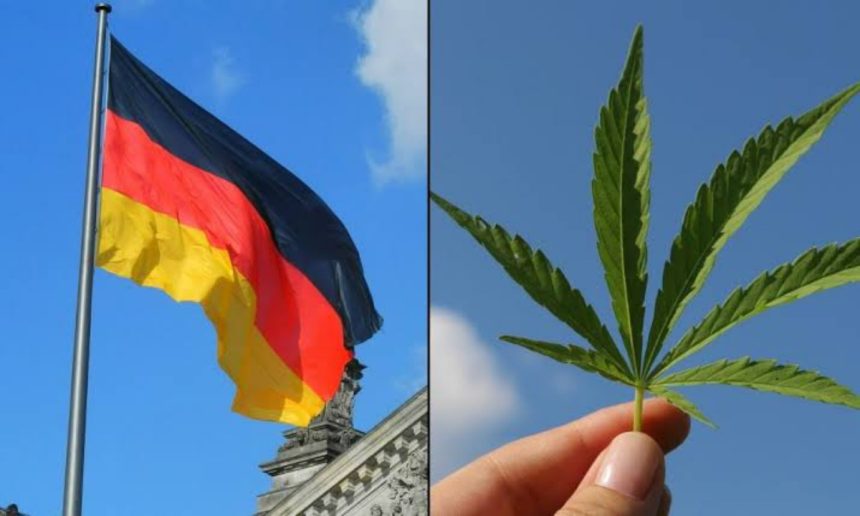Germany has become the largest EU country to legalize recreational cannabis, despite strong objections from opposition politicians and medical associations.
Under the new law, adults over 18 can now carry up to 25 grams of dried cannabis and cultivate up to three marijuana plants at home.
These changes position Germany alongside Malta and Luxembourg, which legalized recreational use in 2021 and 2023, respectively.
The Netherlands, known for its permissive attitude toward the drug, has recently taken a stricter approach to counter cannabis tourism.
As the law took effect at midnight, hundreds of people gathered by Berlin’s iconic Brandenburg Gate, many of them lighting up joints in celebration of what one participant, a very happy 25-year-old named Niyazi, called “a bit of extra freedom.”
The next step in the legal reform will allow for the legal acquisition of weed through “cannabis clubs” starting from July 1. These regulated associations can have up to 500 members each and will be authorized to distribute up to 50 grams of cannabis per person per month.
Until then, consumers are advised not to disclose where they obtained their cannabis during street checks.
Georg Wurth, director of the German Cannabis Association, emphasized this point.
Initial plans to sell cannabis through licensed shops were abandoned due to EU opposition, but a second law is in the works to trial drug sales in pilot regions.
The German government, led by a three-way coalition under Chancellor Olaf Scholz’s Social Democrats, argues that legalization will help curb the growing black market for cannabis.
However, health groups express concerns that legalizing cannabis could lead to increased use among young people, who face the highest health risks.
Experts warn that cannabis use among young individuals can impact the development of the central nervous system, potentially increasing the risk of developing psychosis and schizophrenia.
Even Health Minister Karl Lauterbach, a doctor, acknowledges that cannabis consumption can be “dangerous,” especially for young people.
The government has pledged an extensive information campaign to raise awareness of the risks and bolster support programs.
Additionally, the law explicitly prohibits cannabis use for those under 18 and within 100 meters of schools, kindergartens, and playgrounds.
However, police express concerns about enforcement challenges.
Starting from April 1, police officers may find themselves in conflict situations with citizens due to uncertainty surrounding the new law.
Furthermore, the law’s retroactive amnesty for cannabis-related offenses poses an administrative challenge. The German Judges’ Association estimates that over 200,000 cases will need to be reviewed and processed.
While conservative opposition leader Friedrich Merz vows to repeal the law if his party forms a government after nationwide elections in 2025, Finance Minister Christian Lindner from the liberal FDP views legalization as a “responsible” move, preferable to driving people toward the black market.
Lindner asserts that the new law “will not lead to chaos,” as he shared his perspective on public broadcaster ARD.





